Cultivating Solutions: A Mother’s Commitment to School Meals in Rwanda
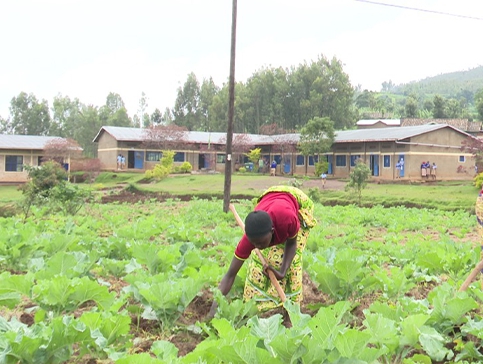
Uwimana Jacqueline has taken it upon herself to cultivate the school farm, ensuring her children can eat safely at school.
The Rwandan government encourages parents to contribute to the school feeding program; however, many express concerns about the financial demands. To support this initiative, the government consistently requests a fixed contribution from parents and urges schools with available land to grow fruits and vegetables to provide nutritious meals. Faced with financial difficulties in affording her children’s meals, Uwimana, a mother of five attending G.S Rasaniro School in the Rusenge sector of Nyaruguru district, decided to partner with the school.
“I lacked money to pay for the children’s meals, so I asked the school for manual labor. They informed me that in order to cover the meal costs, I would need to come and work. The labor I provide will pay for the meals,” she said. So far, Uwimana has completed 22 days of work at the school, ensuring her children can study without worry.
“We grow vegetables to prevent children from becoming malnourished,” she shared while working on the vegetable farm. She encouraged other parents not to feel embarrassed about contributing through manual labor for their children’s meals.

“I would tell parents that there is no shame in any work. Instead of withdrawing your child from school and denying them an education, come to work so you can pay for their lunch,” she advised. “There is no reason for a parent to take their child out of school simply because of financial struggles.”
After starting her work at the school and settling her debts, Uwimana was offered a job, providing additional support for her family.
Oswald Kubwimana, the headmaster of G.S Rasaniro, explained that they chose to collaborate with parents who cannot provide food and encouraged others to participate. “This is the will we support,” he stated. He noted that this arrangement helps alleviate the embarrassment children might feel about their families’ financial situations. “Now, the child is no longer ashamed of not being able to pay; they feel at ease. The parent is also relieved because they won’t be called to meetings over non-payment.”

Kubwimana also acknowledged that some parents struggle to understand the contribution plan, while others prefer their children to eat at home. “We face capacity constraints; certain materials are essential for maintaining quality standards, which require funding,” he explained.
Byukusenge Assoumpta, the deputy mayor responsible for social affairs in Nyaruguru district, highlighted that all 120 schools in the district provide lunch to students, and the program is functioning effectively. “No child is deprived of a meal, which has also led to increased enrollment,” she noted.
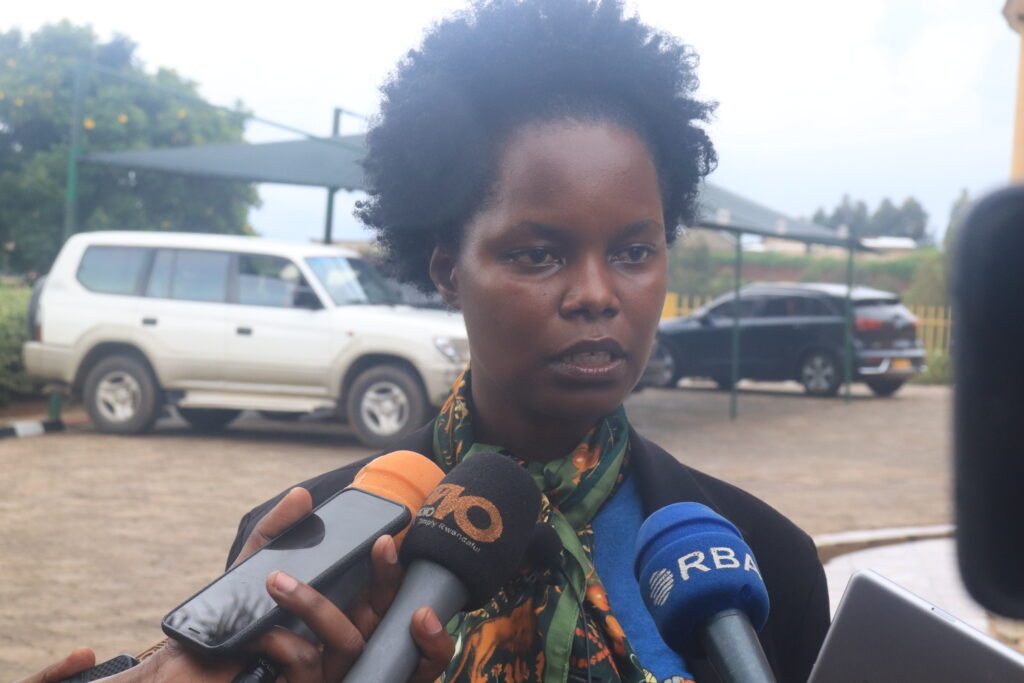
Assoumpta emphasized that parents who cannot afford to pay can make alternative contributions to ensure their children can both study and eat. “If you don’t have money, there are other ways to contribute that can be transformed into support. Some parents donate to schools, help plant in vegetable gardens, or bring part of their harvest, which is also beneficial,” she explained.
In Nyaruguru, various community members continue to support the “Dusangire Lunch” program, ensuring children have access to meals. This initiative is also focused on improving food quality standards, from delivery to proper storage and cooking.
In Rwanda, an estimated four million children benefit from school lunches.
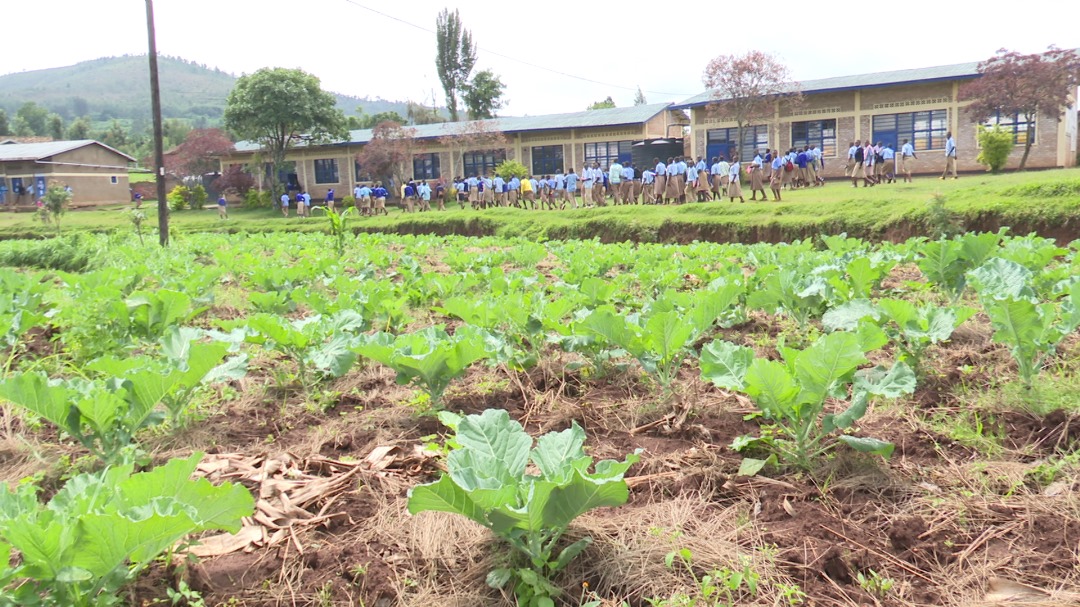
The Rwanda Standards Board (RSB), in collaboration with MINICOM and the World Food Program (WFP), has launched awareness campaigns aimed at enhancing the quality standards of food served to students. RSB announced that experts in quality standards will train those involved in the program, including local authorities responsible for purchasing equipment to feed children, schools, and other stakeholders, including industries and farmers.

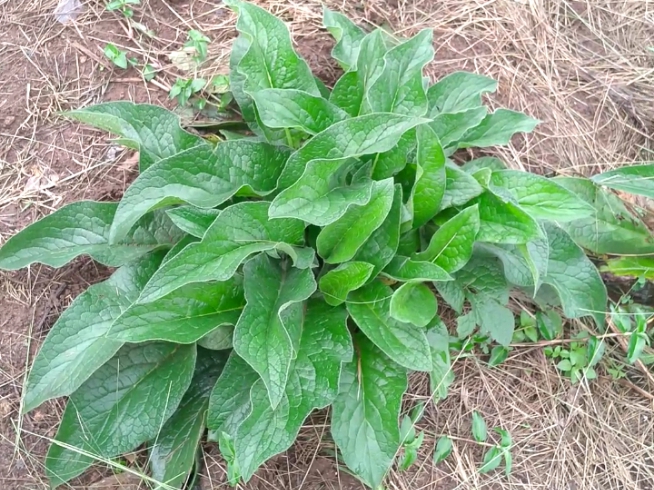
Trending Now
Hot Topics
Related Articles
Leaders Call for Stronger Monitoring to Turn Ecosystem Restoration Commitments into Results
Nairobi, Kenya — 27 January 2026 Country and regional leaders, alongside technical...
Worm Tea: A Natural Path to Farming Without Harmful Chemicals
For much of his early farming life, Isaac Mubashankwaya believed chemical fertilizers...
Enroll Now Before 31 December 2025: International German Language Exams Launch in Rwanda
Rwanda will host the European Consortium for the Certificate of Attainment in...
Rwanda Validates Environment and Climate Change Mainstreaming Strategy 2024–2029
This Tuesday, 23 December 2025, the Rwanda Environment Management Authority (REMA), in...





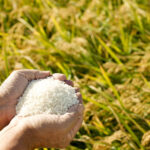

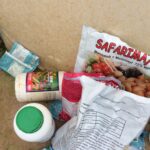

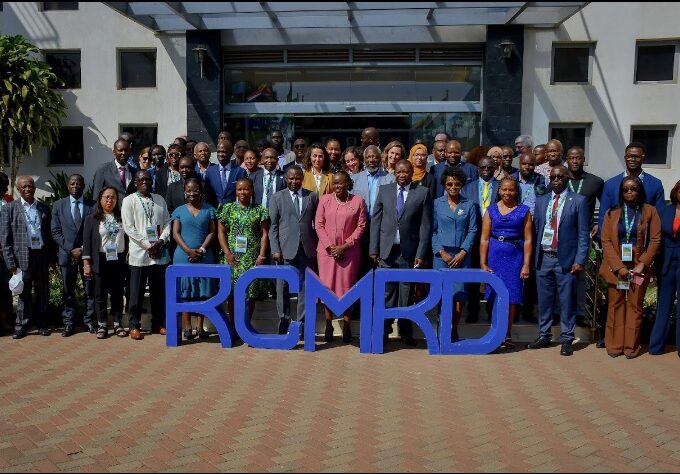
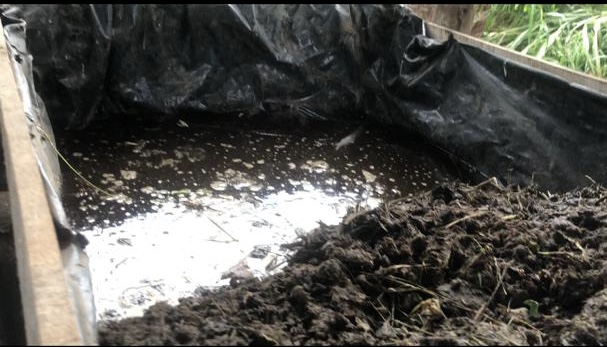

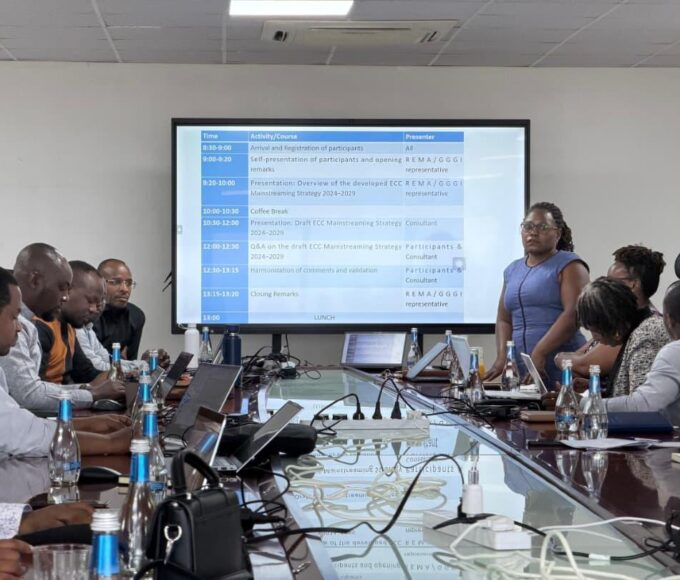
Leave a comment